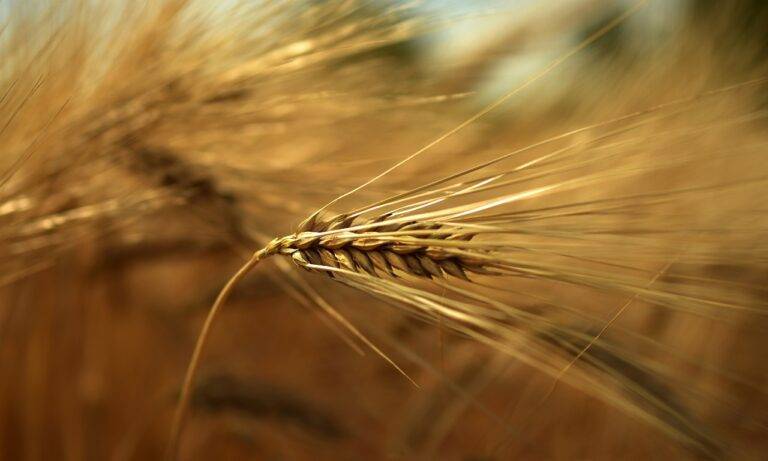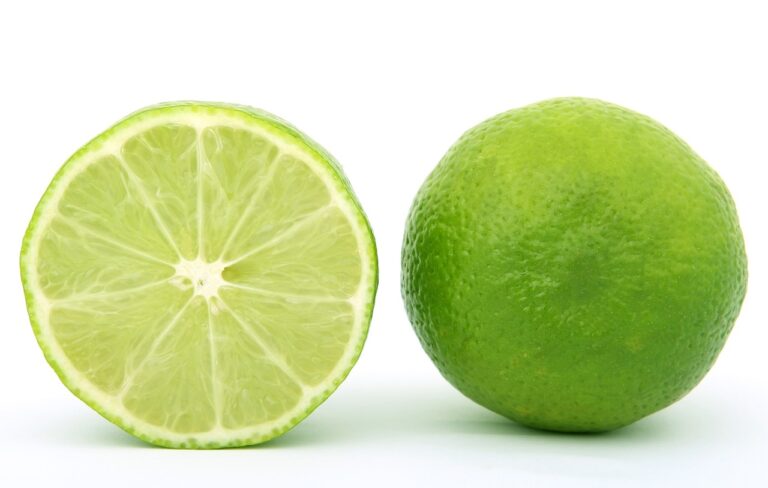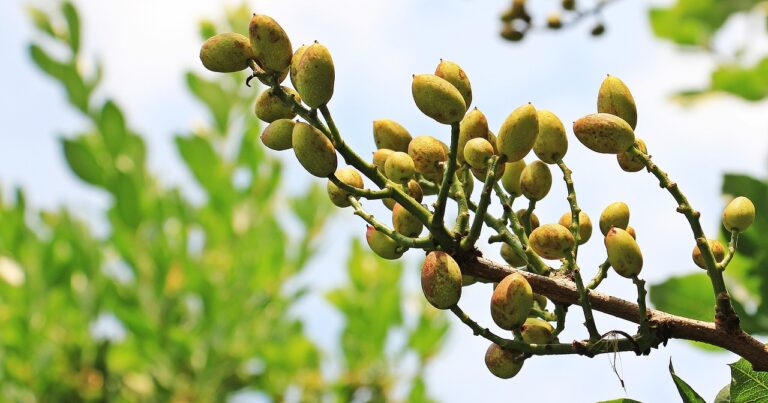Sustainable Aquaculture Practices: Responsible Fish Farming and Aquaponics
Aquaculture, the farming of aquatic organisms such as fish, shrimp, and mollusks, plays a crucial role in meeting the increasing global demand for seafood. This practice not only helps in supplementing wild-caught seafood but also contributes to food security by providing a sustainable and reliable source of protein. Furthermore, aquaculture aids in reducing pressure on overexploited wild fish stocks, thus supporting marine conservation efforts.
Aside from addressing food security concerns, aquaculture also brings economic benefits to communities by creating employment opportunities and stimulating local economies. By fostering the growth of aquaculture facilities, regions can experience an influx of investment and income generation. Additionally, the controlled environment of aquaculture farms allows for efficient monitoring and management of water quality, leading to the production of healthier and safer seafood products for consumers.
Challenges in Fish Farming
One of the challenges faced in fish farming is the issue of disease outbreaks among aquatic species. Diseases can spread quickly in crowded aquaculture environments, leading to significant financial losses for farmers. Ensuring proper sanitation and implementing timely disease management strategies are crucial in preventing and controlling these outbreaks. Additionally, limited access to veterinary services and medications can further exacerbate the challenge of disease control in fish farms.
Another key challenge in fish farming is the negative environmental impact that intensive aquaculture operations can have on surrounding ecosystems. Excessive waste production, antibiotic use, and the escape of farmed fish into the wild can disrupt the balance of natural habitats and harm local biodiversity. Implementing sustainable practices such as improved waste management, responsible antibiotic usage, and securing aquaculture facilities to prevent fish escapes are essential in mitigating these environmental challenges in fish farming.
Disease outbreaks among aquatic species
Proper sanitation and disease management strategies
Limited access to veterinary services and medications
Negative environmental impact of intensive aquaculture operations
Excessive waste production, antibiotic use, and fish escapes into the wild
Implementing sustainable practices for improved waste management and responsible antibiotic usage
Importance of Responsible Practices
Aquaculture, the farming of fish, is a vital industry that provides a sustainable source of seafood for human consumption. As this industry continues to grow to meet the increasing demand for seafood, the importance of responsible practices in fish farming cannot be overstated.
Responsible practices in aquaculture help to minimize environmental impact, reduce the spread of diseases among fish populations, and ensure the well-being of the fish being raised. By adhering to strict guidelines and regulations, fish farmers can help protect the delicate balance of marine ecosystems and safeguard the long-term sustainability of the industry.
What are some benefits of aquaculture?
Aquaculture provides a sustainable source of seafood, helps reduce pressure on wild fish populations, creates jobs, and can contribute to food security and economic development.
What are some challenges in fish farming?
Challenges in fish farming include disease outbreaks, water pollution, habitat destruction, and the potential for escaped fish to impact wild populations.
Why is it important to practice responsible aquaculture?
Responsible aquaculture practices help minimize negative environmental impacts, ensure the well-being of farmed fish, and maintain the long-term sustainability of the industry.







